Results
-
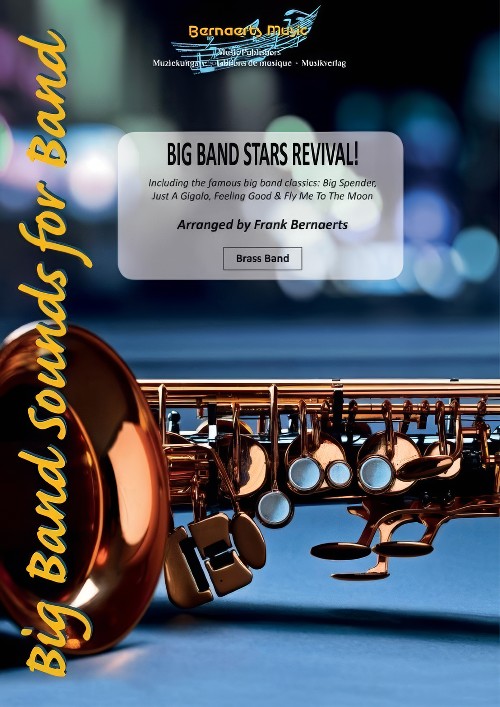 £57.99
£57.99Big Band Stars Revival! (Brass Band - Score and Parts) - Bernaerts, Frank
Includes: Big Spender; Just a Gigolo; Feeling Good; Fly Me to the Moon. Duration: 7.30
Estimated dispatch 7-14 working days
-
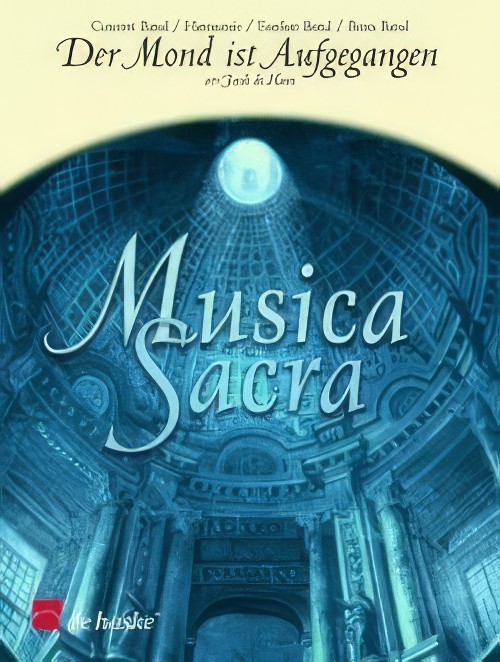 £60.99
£60.99Der Mond ist Aufgegangen (Brass Band with Optional Choir - Score and Parts) - De Haan, Jacob
The lyrics to Der Mond ist aufgegangen (The Moon Is Risen) come from Matthias Claudius, one of Germany's best-known poets. The 1779 poem with the original title Abendlied (Evening song) was set to music by Johann Abraham Peter Schulz and has become perhaps the most famous Abendlied in the German-speaking world. Johann de Haan has created a delightful arrangement of this poignant melody. The wind orchestra can optionally be accompanied by a choir (Dutch and German texts are provided).Duration: 3:30
Estimated dispatch 7-14 working days
-
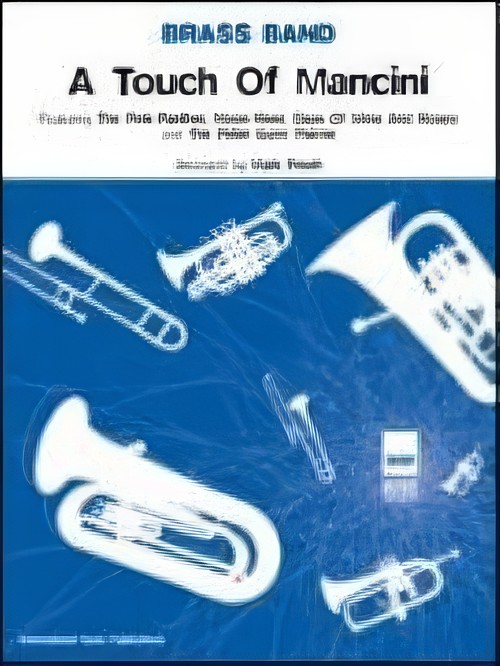 £45.00
£45.00A Touch of Mancini (Brass Band - Score and Parts) - Mancini, Henry - Freeh, Mark
A Touch of Mancini celebrates the music of Henry Mancini (1924-1994), the Academy Award winning American composer, conductor and arranger best remembered as a composer of film and television scores. This medley features The Pink Panther Theme, Moon River, Days of Wine and Roses and The Peter Gunn Theme (as featured in The Blues Brothers).Suitable for Advanced Youth/3rd Section Bands and aboveDuration: 4.00
Estimated dispatch 7-14 working days
-
 £112.95
£112.95EARTHRISE (Brass Band - Score and Parts) - Clarke, Nigel
Earthrise is the name of one of the most iconic photographs in history. The original NASA image numbered AS8-14-2383 was one of a series of photographes taken by William Anders and the Apollo 8 crew on 24 December 1968 during the first manned mission to the moon. Earthrise is written in one condinuous movement but divided into three sections.Duration: 16:15Suitable for Championship Section Bands
Estimated dispatch 7-14 working days
-
 £44.95
£44.95EARTHRISE (Brass Band - Score only) - Clarke, Nigel
Championshipo Section. Earthrise is the name of one of the most iconic photographs in history. The original NASA image numbered AS8-14-2383 was one of a series of photographes taken by William Anders and the Apollo 8 crew on 24 December 1968 during the first manned mission to the moon. Earthrise is written in one condinuous movement but divided into three sections. Duration: 16:15
Estimated dispatch 7-14 working days
-
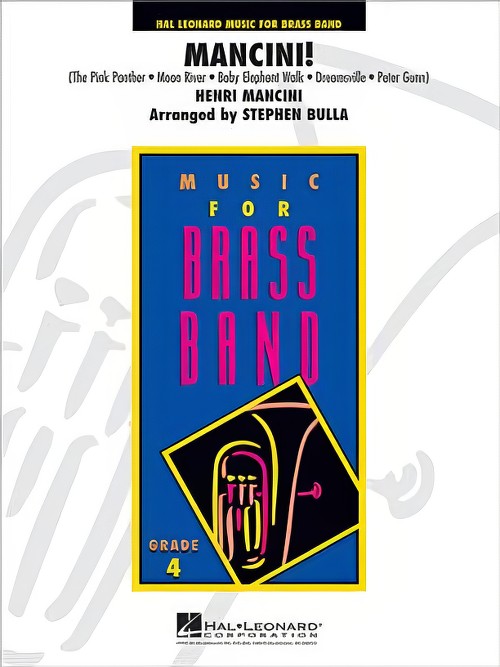 £67.50
£67.50Mancini! (Brass Band - Score and Parts)
Some of the most recognisable themes from film and television over the years have come from the creative genius of Henry Mancini. Here is a symphonic showstopper featuring some of Mancini's biggest hits and most recognised melodies from the last four decades! Includes: The Pink Panther, Moon River, Baby Elephant Walk, Dreamsville, and Peter Gunn. 09:10
Estimated dispatch 7-14 working days
-
 £74.95
£74.95NEW WORLD DANCES (Brass Band - Score and Parts) - Ellerby, Martin
Duration: 8:17Includes: Earth Dance; Moon Dance; Sun Dance.Recorded on QPRL085D Vistas
Estimated dispatch 7-14 working days
-
 £37.95
£37.95NEW WORLD DANCES (Brass Band - Score only) - Ellerby, Martin
Duration: 8:17Includes: Earth Dance; Moon Dance; Sun Dance.Recorded on QPRL085D Vistas
Estimated dispatch 7-14 working days
-
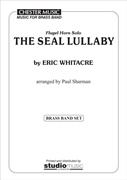 £42.95
£42.95SEAL LULLABY, The (Flugel Horn Solo with Brass Band) - Whitacre, Eric - Sharman, Paul
This loving and dreamlike work captures the undulating rhythm of a mother rocking her child to sleep. The piece was inspired by classic Rudyard Kipling: "Oh! Hush thee, my baby, the night is behind us, And black are the waters that sparkled so green. The moon, o'er the combers, looks downward to find us, At rest in the hollows that rustle between." Magical!
Estimated dispatch 7-14 working days
-
 £39.95
£39.95SINGALONGAMAX (Selection No.2) (Brass Band) - Siebert, Edrich
Includes: You Made Me Love You; Oh! You Beautiful Doll; Shine on Harvest Moon; Honeysuckle and the Bee
Estimated dispatch 7-14 working days
